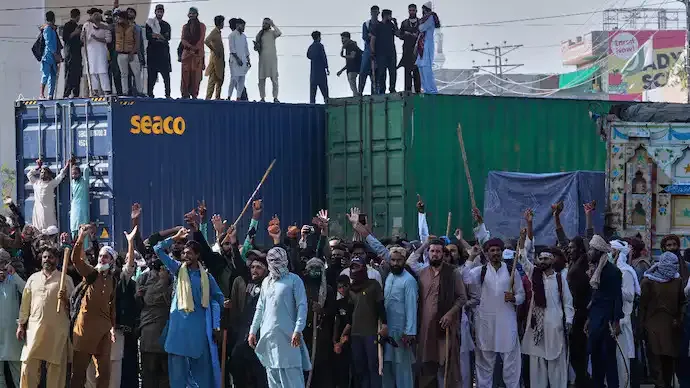Shopping cart
Your cart empty!
Terms of use dolor sit amet consectetur, adipisicing elit. Recusandae provident ullam aperiam quo ad non corrupti sit vel quam repellat ipsa quod sed, repellendus adipisci, ducimus ea modi odio assumenda.
Lorem ipsum dolor sit amet consectetur adipisicing elit. Sequi, cum esse possimus officiis amet ea voluptatibus libero! Dolorum assumenda esse, deserunt ipsum ad iusto! Praesentium error nobis tenetur at, quis nostrum facere excepturi architecto totam.
Lorem ipsum dolor sit amet consectetur adipisicing elit. Inventore, soluta alias eaque modi ipsum sint iusto fugiat vero velit rerum.
Sequi, cum esse possimus officiis amet ea voluptatibus libero! Dolorum assumenda esse, deserunt ipsum ad iusto! Praesentium error nobis tenetur at, quis nostrum facere excepturi architecto totam.
Lorem ipsum dolor sit amet consectetur adipisicing elit. Inventore, soluta alias eaque modi ipsum sint iusto fugiat vero velit rerum.
Dolor sit amet consectetur adipisicing elit. Sequi, cum esse possimus officiis amet ea voluptatibus libero! Dolorum assumenda esse, deserunt ipsum ad iusto! Praesentium error nobis tenetur at, quis nostrum facere excepturi architecto totam.
Lorem ipsum dolor sit amet consectetur adipisicing elit. Inventore, soluta alias eaque modi ipsum sint iusto fugiat vero velit rerum.
Sit amet consectetur adipisicing elit. Sequi, cum esse possimus officiis amet ea voluptatibus libero! Dolorum assumenda esse, deserunt ipsum ad iusto! Praesentium error nobis tenetur at, quis nostrum facere excepturi architecto totam.
Lorem ipsum dolor sit amet consectetur adipisicing elit. Inventore, soluta alias eaque modi ipsum sint iusto fugiat vero velit rerum.
Do you agree to our terms? Sign up

Pakistan is witnessing rising unrest as Tehreek-e-Labbaik Pakistan (TLP), a far-right Islamist group, repeatedly holds the country hostage through violent protests. Recently, clashes in Lahore left two dead and Islamabad was fortified in anticipation of massive TLP marches to the US Embassy over Gaza tensions.
The TLP, often described as a proxy of the Pakistani military, has historically been used to influence political outcomes and pressure civilian governments into compliance with military preferences.
Founded by Khadim Hussain Rizvi in 2015, TLP gained prominence during the 2017 Faizabad sit-in, a 21-day protest over a minor change in the parliamentary oath concerning the ‘Finality of Prophethood.’
The group was banned in April 2021, and leader Saad Rizvi jailed under anti-terror laws.
In response to deadly protests, the ban was lifted later that year under deals brokered by the Pakistan Army, releasing Rizvi and over 2,000 supporters.
TLP’s protests have historically forced resignations and shaped political narratives, as seen during the 2017 sit-in and in dealings with Imran Khan’s government.
Observers, including the Atlantic Council, highlight the TLP’s soft treatment by security forces as evidence of a calculated military strategy.
“The Army’s patronage suggests a strategy to bolster extremist groups for political leverage,” said Arif Aajakia, human rights activist.
The group has been tactically deployed to weaken civilian governments, including during the 2018 elections, paving the way for Imran Khan’s rise while keeping the military’s influence intact.
TLP has effectively exploited emotive religious issues, such as:
‘Finality of Prophethood’
International blasphemy incidents
This strategy consolidates power for its leadership while pressuring governments to align with military-endorsed outcomes. Analysts warn that the military-mullah nexus sets a dangerous precedent, driving Pakistan toward fundamentalist governance.
Amjad Ayub Mirza, a human rights activist from POK, observed:
“The chaos today is the inevitable outcome of decades of weaponising religion. Pakistan is imploding under the weight of its own contradictions.”
Conclusion:
TLP’s rise, under the shadow of the Pakistani military, illustrates how extremist groups can be used to manipulate politics, destabilize civilian governments, and weaponize religious sentiments—holding Pakistan hostage repeatedly and shaping its political trajectory.
25
Published: Oct 11, 2025